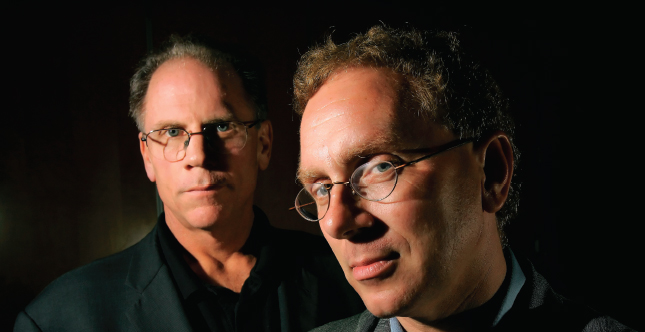The Effects of Media Consolidation on Democracy
“The top management of the networks, with a few notable exceptions, has been trained in advertising, research, or show business. But by the nature of the corporate structure, they also make the final and crucial decisions having to do with news and public affairs. Frequently they have neither the time nor the competence to do this.”
EDWARD R. MURROW, BROADCAST NEWS PIONEER, 1958
Merged and multinational media corporations will continue to control more aspects of production and distribution. Of pressing concern is the impact of mergers on news operations, particularly the influence of large corporations on their news subsidiaries. These companies have the capacity to use major news resources to promote their products and determine national coverage.
Because of the growing consolidation of mass media, it has become increasingly difficult to sustain a public debate on economic issues. From a democratic perspective, the relationship of our mass media system to politics has been highly dysfunctional. Politicians in Washington, D.C., have regularly accepted millions of dollars in contributions from large media conglomerates and their lobbying groups to finance their campaigns. This changed in 2008 when the Obama campaign raised much of its financing from small donors. Still, corporations got a big boost from the Supreme Court in early 2010 in the Citizens United case. In a five-to-four vote, the court “ruled that the government may not ban political spending by corporations in candidate elections.”31 Justice Anthony Kennedy, writing for the majority, said, “If the First Amendment has any force, it prohibits Congress from fining or jailing citizens, or associations of citizens, for simply engaging in political speech.” The ruling overturned two decades of precedents that had limited direct corporate spending on campaigns, including the Bipartisan Campaign Reform Act of 2002 (often called McCain-Feingold after the senators who sponsored the bill), which placed restrictions on buying TV and radio campaign ads.

As unfettered corporate political contributions count as “political speech,” some corporations are experiencing backlash (or praise) once their customers discover their political positions. For example, in 2012 fast-food outlet Chick-fil-A’s charitable foundation “was revealed to be funneling millions to groups that oppose gay marriage and, until recently, promoted gay ‘cure’ therapies,” resulting in a firestorm of criticism, but also a wave of support from others, the Daily Beast reported. In the same year, Amazon founder and CEO Jeff Bezos and his wife donated $2.5 million of their own money to support a same-sex marriage referendum in Washington State, gaining praise and criticism from some Amazon customers.32
Politicians have often turned to local television stations, spending record amounts during each election period to get their political ads on the air. In 2004, spending on the federal elections in the United States totaled $4.14 billion, with a large portion of that going to local broadcasters for commercials for congressional candidates, and (in swing states like Ohio, Iowa, and Florida) for presidential candidates. In 2008, spending on federal elections topped $5.28 billion. And, in 2012, it surpassed $6.28 billion.33 But, although local television stations have been happy to get part of the ever-increasing bounty of political ad money, the actual content of their news broadcasts has become less and less substantial, particularly when it comes to covering politics.
The Pew Research Center’s Project for Excellence in Journalism reported that from 2005 to 2013, the amount of airtime given to weather, traffic, and sports on local news broadcasts expanded from 32 percent to 40 percent. Meanwhile, over that same time period, the amount of time spent on politics and government stories slipped from 7 percent to 3 percent. The study’s authors noted “For some time, television consultants have been advising local television stations that viewers aren’t interested in politics and government, and it appears that advice is being taken.”34
Although television consultants might conclude that local viewers aren’t interested in politics and government, political consultants are only increasing the onslaught of political television ads every campaign season. Thus, there is little news content to provide a counterpoint to all of the allegations that might be hurled in the barrage of political ads.